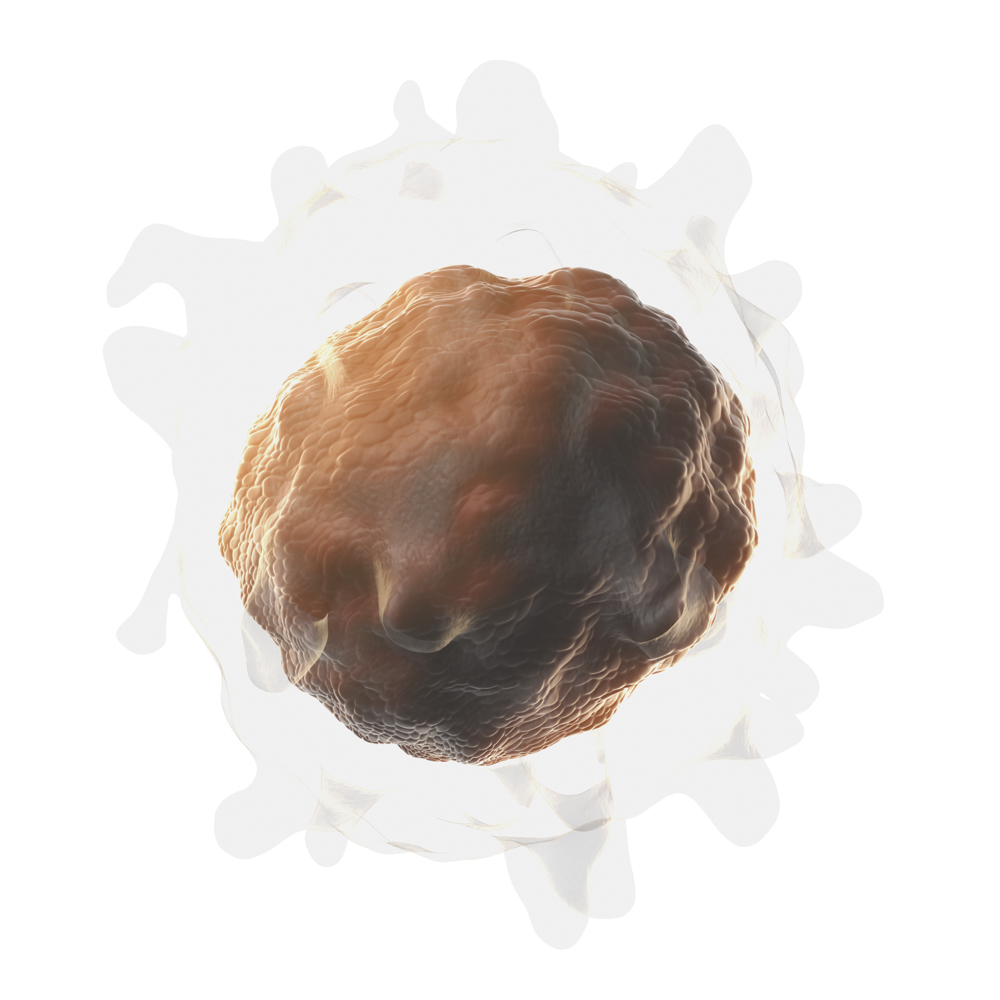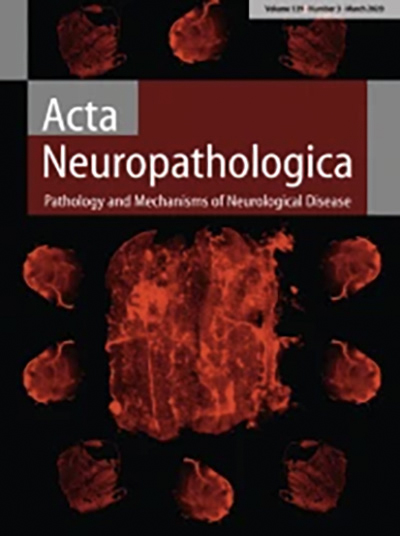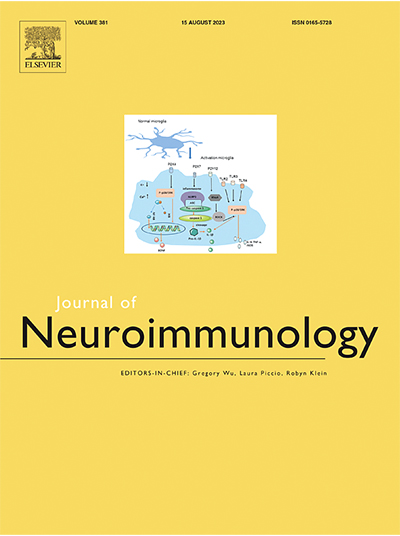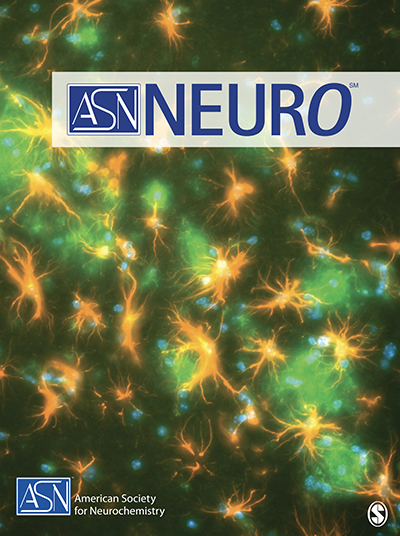Current neurodegenerative therapeutic strategies rely on immunosuppression. Although this approach reduces stress on neurons, it has not been shown to reduce the accumulation of neuronal loss, resulting in increased lifetime disability1, while also carrying the risk of compromising patients’ immune systems.2
The Approach
1 Tur C, Carbonell-Mirabent P, Cobo-Calvo Á, et al. Association of Early Progression Independent of Relapse Activity With Long-term Disability After a First Demyelinating Event in Multiple Sclerosis. JAMA Neurol.2023;80(2):151–160. doi:10.1001/jamaneurol.2022.4655
2 Winkelmann, A., Loebermann, M., Reisinger, E. et al. Disease-modifying therapies and infectious risks in multiple sclerosis. Nat Rev Neurol 12, 217–233 (2016). https://doi.org/10.1038/nrneurol.2016.21
TGM-010 is the first antibody that has progressed to this stage of development, as GenrAb’s platform currently consists of >400 outstanding rhAb candidates. To further explore this pipeline, the Company recently opened a lab (@ BioLabs, Pegasus Park) where we are actively characterizing the top 100 AGS scored rhAbs to prioritize those with clear binding affinity for neurons.
The AGS technology allows GenrAb to find the needle in a stack of needles
Patents
A US patent has been issued for TGM-010’s mAb composition and fragments thereof, with planned expansion of claims to include therapeutic indications. Intellectual Property has been exclusively licensed from the University of Texas Southwestern Medical Center.
Peer-Reviewed Publications
GenrAb has contributed to peer-reviewed, high-impact journals with research revealing the proliferation of autoreactive B cells in early multiple sclerosis patients and the potential of a unique antibody gene signature to foresee the progression to clinically definite multiple sclerosis. These studies underline the predictive power and therapeutic promise of GenrAb’s antibody-based platform in identifying and countering neurological autoimmunity at its inception.
Rivas JR, Ireland SJ, Chkheidze R, Rounds WH, Lim J, Johnson J, Ramirez DM, Ligocki AJ, Chen D, Guzman AA, Woodhall M, Wilson PC, Meffre E, White C 3rd, Greenberg BM, Waters P, Cowell LG, Stowe AM, Monson NL. Peripheral VH4+ plasmablasts demonstrate autoreactive B cell expansion toward brain antigens in early multiple sclerosis patients. Acta Neuropathol. 2017 Jan;133(1):43-60. doi: 10.1007/s00401-016-1627-0. Epub 2016 Oct 11. PMID: 27730299; PMCID: PMC5312707.
Cameron EM, Spencer S, Lazarini J, Harp CT, Ward ES, Burgoon M, Owens GP, Racke MK, Bennett JL, Frohman EM, Monson NL. Potential of a unique antibody gene signature to predict conversion to clinically definite multiple sclerosis. J Neuroimmunol. 2009 Aug 18;213(1-2):123-30. doi: 10.1016/j.jneuroim.2009.05.014. Epub 2009 Jul 24. PMID: 19631394; PMCID: PMC2785005.
Ligocki AJ, Rivas JR, Rounds WH, Guzman AA, Li M, Spadaro M, Lahey L, Chen D, Henson PM, Graves D, Greenberg BM, Frohman EM, Ward ES, Robinson W, Meinl E, White CL 3rd, Stowe AM, Monson NL. A Distinct Class of Antibodies May Be an Indicator of Gray Matter Autoimmunity in Early and Established Relapsing Remitting Multiple Sclerosis Patients. ASN Neuro. 2015 Oct 21;7(5):1759091415609613. doi: 10.1177/1759091415609613. PMID: 26489686; PMCID: PMC4710131.
Rounds WH, Salinas EA, Wilks TB 2nd, Levin MK, Ligocki AJ, Ionete C, Pardo CA, Vernino S, Greenberg BM, Bigwood DW, Eastman EM, Cowell LG, Monson NL. MSPrecise: A molecular diagnostic test for multiple sclerosis using next generation sequencing. Gene. 2015 Nov 10;572(2):191-7. doi: 10.1016/j.gene.2015.07.011. Epub 2015 Jul 11. PMID: 26172868; PMCID: PMC4702260.




